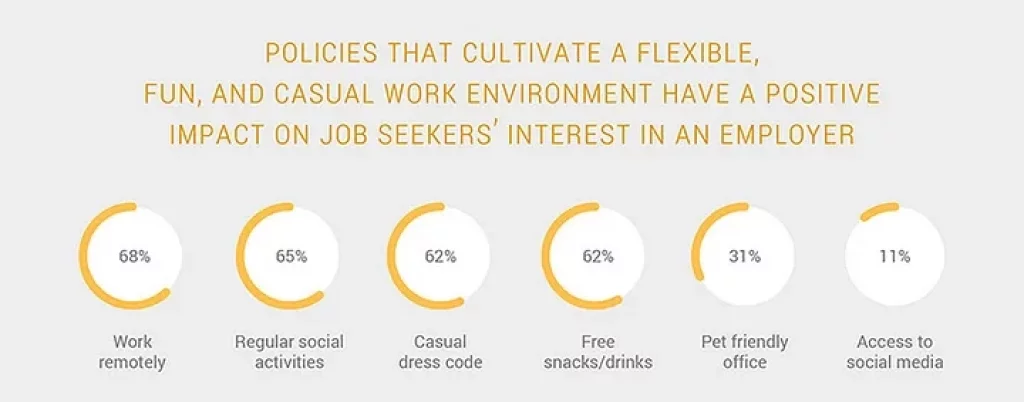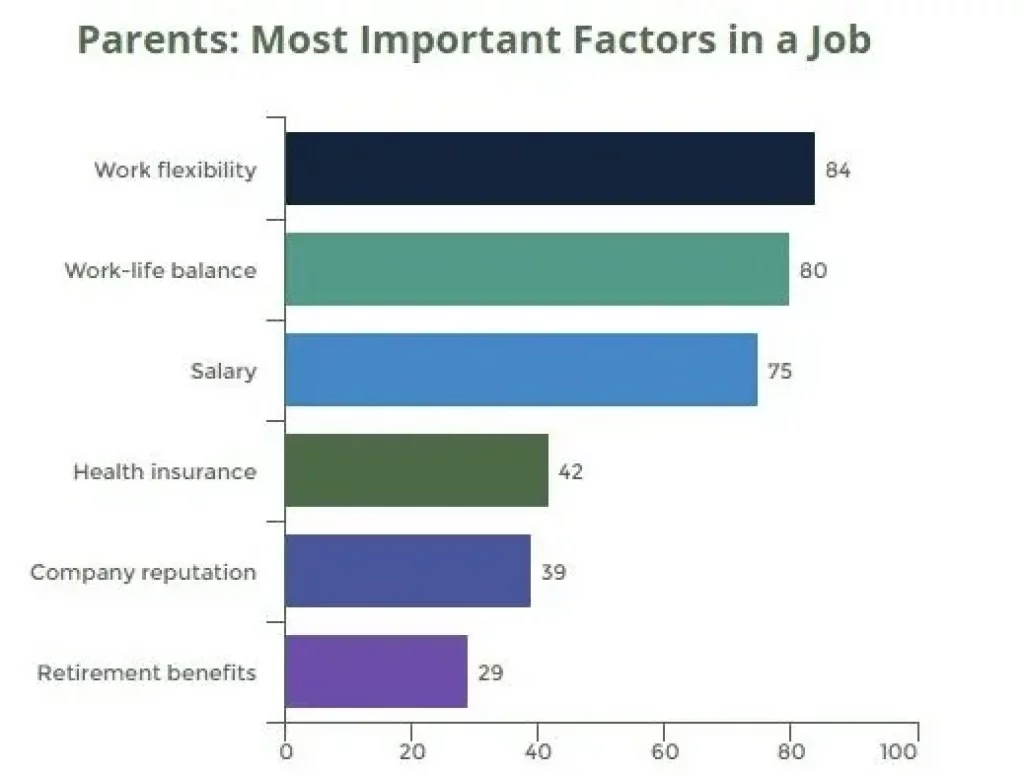The 5 Best Arguments Against Remote Working
(and How to Overcome Them)

Remote working and distributed teams are becoming more commonplace, but there are still those that resist this new way of working and whenever the idea of introducing it is raised, it’s shot down with a list of negatives.
We want to help you reply to these retorts and help you enlighten your boss on some of the benefits of remote working.
1. People will abuse working remotely and take advantage
This is a very real and deserving concern as there will be employees who may take advantage (you know who you are!!), but this can mostly be dealt with by setting the ground rules from the start.
By making remote working a privilege, it ensures that everyone knows working remotely is for those who can be trusted, and that if they abuse that privilege by not pulling their weight and causing more work for others, they will lose it.
Making remote working a privilege lets everyone know that it’s only for those who can be trusted
Fear of the unknown is probably the biggest worry for people, when they can’t see and hear the person working, they don’t know if they actually are. When you call and they don’t answer, perhaps a flash of negative thoughts rush through your head… are they watching TV, sunbathing in the garden (that’s a little less likely here in the UK), or just sleeping?

Yes, trust is a major factor, but we’re in 2016 and there are plenty of tools to aid us in managing remote workers and accountability! PukkaTeam is the team presence app we’ve built to help solve this problem. So when someone isn’t responding you can quickly see if they’re at their desk busily working. Or if they’re not answering your call, you can easily see that it’s just because they’re already on another call.
2. Working from home or a busy café introduces more distractions making remote workers less productive
So let’s say you’ve got people working remotely who you trust and you’ve got the tools to enable them to work efficiently and monitor their progress, but how can you be sure they are being productive? For sure, there are far more distractions outside of the office environment. Which looks more distracting? This:

Or this?

To counter this, firstly consider that a common misconception is that working remotely = working from home, a hive of distractions for those with short attention spans… but that’s not necessarily the case. A conscientious remote worker might choose to work from a café, a co-working space, or a library for example. All of these places still have distractions of some kind, but then even working in an office has distractions: co-workers, Facebook, and mobile phones can all disturb your flow wherever you work.
According to a study by YouGov, in the UK, 30% of respondents felt their productivity actually increased when working away from the office, 53% felt they were just as productive as at the office. Only 17% stated remote work reduced their productivity.
That’s a total of 83% who feel they’re either just as, or even more productive working remotely. Many companies, like BT, have found this to be true! IBM found that their teleworkers were 50% more productive than the office staff!
IBM found that their teleworkers were 50% more productive than the office staff!
However, the figures do show that remote working isn’t for everyone. They might not have the discipline to work effectively or may just be more comfortable working in an office, which is OK, but don’t let this dictate your whole working policy and stop others from the potential increase in productivity that could be had from remote work.
Like we said before, if people work proficiently and pull their weight, why not give them the option to work remotely?
3. Remote workers can’t communicate as well as people in an office

One of the biggest concerns that some teams and employers have is that remote workers won’t have as much connection with the office team, resulting in a loss of communication and collaboration, making remote workers almost a separate entity from the rest of the office.
This may have been true before, but now it’s super easy for distributed teams to stay connected. With services like Skype and Google Hangouts, being able to talk face-to-face (for free!) with someone who’s miles away has never been easier: all you need is a computer, an internet connection and a webcam.
Using a tool like PukkaTeam (full disclosure: we’re building this), gives remote employees a presence in the office and makes them feel part of the team and the office environment, almost just a tap on the shoulder away.
4. I need to constantly monitor my remote team to make sure they work

If you employ the above steps, this is simply not true. We understand wanting to make sure that work is being completed, but constantly checking up on staff to see if they are working, or constantly monitoring their PC activity isn’t good idea. It creates unnecessary overheads and destroys the feeling of being a trusted member of staff, allowed to get on with their job.
Having people work remotely is based on trust, so if you don’t have that trust, then you may as well have them work from the office. The idea is to give them the flexibility to be able to integrate their work and home lives, with the ability to take care of non-work related tasks (pick up the kids from school etc.) whilst still being able to balance their secular workload.
Remember that most people appreciate their employment. They come to work every day not just because they need to, but because it gives them satisfaction in life to achieve something productive each day. Given the opportunity, many employees are thankful for the freedom to work more flexibly and will repay you with earnest effort and loyalty.
5. People don’t mind working in an office environment
Some people won’t have a problem with it, some may need the office to work effectively, but these days with all the daily demands on our time, a flexible working environment is very attractive and the ability to work remotely ranks quite highly among many prospective employees.
These days with all the daily demands on our life, a flexible working environment is very attractive
A study by AfterCollege looked at the most important policies to college graduates when considering who to have as their employer, and one of the top picks was the ability to work remotely!

Parents are also more drawn to flexible jobs that give them a better work-life balance. A study conducted by Flexjobs, found that it’s now seen as more important than salary!

Working remotely is clearly becoming a much more common working style. Research by YouGov shows that 54% of UK office workers are able to work remotely, with 70% of office workers saying it is important for companies to allow for remote work. Only 22% feel that the flexibility of remote work is not important.
Other research has also found that people who telecommute are happier and less stressed. So if you want to find and retain the best staff, you’ll need to ensure you offer a role that’s attractive to them.
Hopefully we’ve been able to help you overcome some of the objections people have about remote working and that you can start to introduce remote working in your workplace. If you are interested in getting started with remote working, remember that having and using the right tools in the right way is essential. That will help relieve these normal worries people have over how to make remote working work. When you can easily communicate and collaborate no matter where your teammates are, your business can reach new heights!
Want to make your teams communication simple? Try PukkaTeam free today!



 Form the Blog
Form the Blog